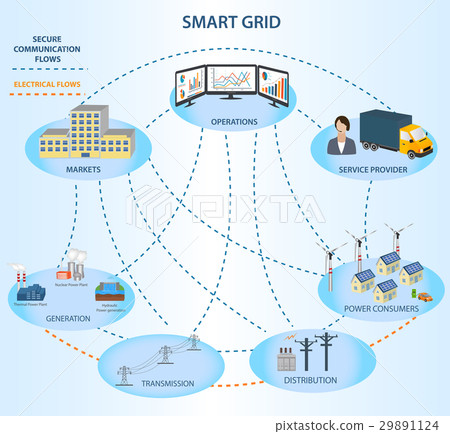|
Virtual assistants have become an integral part of our daily lives, revolutionizing the way we interact with technology. These intelligent software programs are designed to understand and respond to human commands, making various tasks more convenient and efficient. In this article, we will explore the evolution of virtual assistants, their current capabilities, and their potential future impact. The concept of virtual assistants dates back to the early 2000s when the first voice-activated personal assistant, Siri, was introduced by Apple. Since then, other tech giants like Amazon (Alexa) and Google (Google Assistant) have entered the market, resulting in a rapid expansion of virtual assistant technology. Today, these smart assistants can be found in smartphones, smart speakers, cars, and even household appliances. One of the primary advantages of virtual assistants is their ability to provide personalized assistance. By leveraging artificial intelligence (AI) and machine learning algorithms, they learn user preferences over time, creating a tailored experience. From setting reminders, managing calendars, and answering general knowledge questions to controlling smart home devices and ordering products online, virtual assistants simplify numerous tasks with just a voice command. Moreover, virtual assistants are continually improving their natural language processing capabilities, enabling more complex interactions. They can understand context, follow conversational threads, and provide accurate responses. This advancement has made virtual assistants indispensable for hands-free multitasking, particularly in busy environments or for individuals with physical disabilities. In addition to their individual applications, virtual assistants are increasingly integrated into other technologies, such as chatbots and customer service platforms. Businesses are leveraging virtual assistants to enhance customer experiences, streamline support processes, and increase productivity. These AI-powered helpers can handle routine inquiries, offer product recommendations, and guide users through troubleshooting steps, freeing up human agents for more complex tasks. Looking ahead, the future of virtual assistants holds immense potential. As technology advances, we can expect virtual assistants to become more intelligent, proactive, and capable of handling complex tasks. They may harness emerging technologies like augmented reality (AR) and virtual reality (VR) to provide immersive experiences or assist in specific domains such as healthcare or education. However, along with the benefits, virtual assistants raise concerns about privacy and data security. As these AI systems collect vast amounts of personal information, ensuring robust safeguards will be crucial to maintain user trust. virtual assistants have transformed how we interact with technology by providing personalized, hands-free assistance across various domains. With their continuous development and integration into different devices and applications, virtual assistants are poised to play an even more significant role in our daily lives. As we embrace this AI-powered future, it is essential to strike a balance between convenience and safeguarding user privacy.  |
